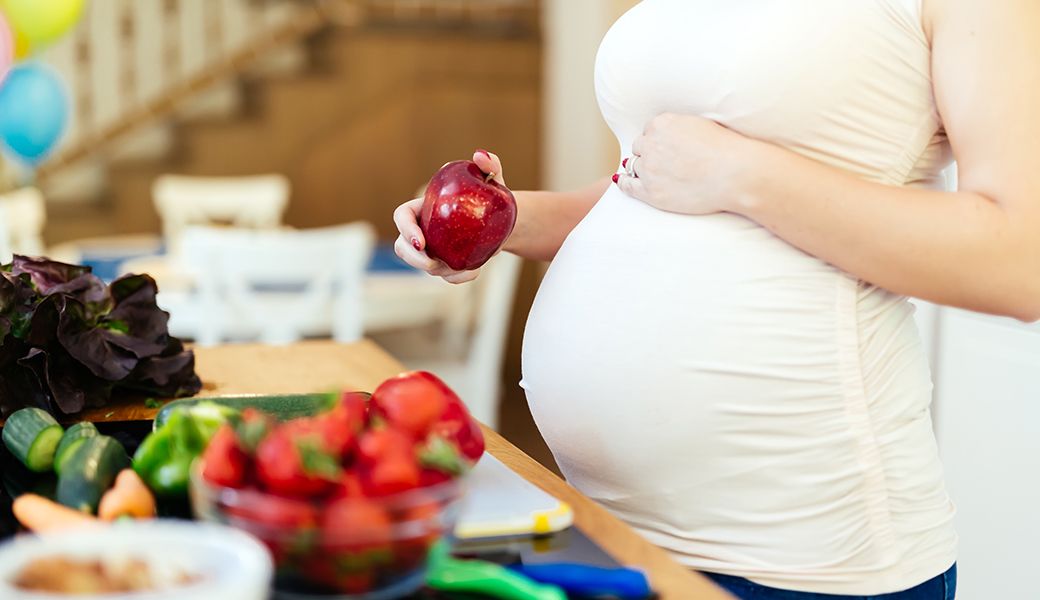Why Diet Matters During Pregnancy

One of the most important aspects to take care of during pregnancy is nutrition, since during this gestation period it is essential to follow a well-balanced and healthy diet. Every mother should be aware that the baby she carries inside is nourished by the same nutrients she consumes, which is why she must be careful with her diet, following health experts’ recommendations on which foods can be included and which should be avoided.
That said, there are a number of foods that are especially recommended during pregnancy, starting with meat, which provides protein and can be included as long as lean cuts with little fat are chosen. They should always be well cooked before eating, and good options include chicken, turkey, pork loin, rabbit, and beef or pork tenderloin.
Fish is also essential, provided it is well cooked, since it provides healthy fatty acids such as Omega-3. It is advisable to opt for smaller fish, such as hake, sardines, anchovies, or red mullet, as they contain lower amounts of mercury. Eggs are also an excellent option due to their protein content and vitamin B12.
Other key foods that should be on a pregnant woman’s shopping list include:
-
Dairy products: Yogurt, fresh cheese, milk, smoothies, and other dairy products contain calcium, an essential nutrient that helps maintain strong and healthy bones.
-
Legumes: Rich in various nutrients, especially iron, which makes them particularly beneficial for a regular diet.
-
Fruits and vegetables: Indispensable during pregnancy, as they provide fiber, vitamins, and folic acid.
-
Pasta, rice, and bread: These foods provide carbohydrates, which the body converts into energy. Choosing whole-grain versions also increases fiber intake.
-
Water: Staying hydrated is crucial. It is best to drink clean, impurity-free water with low mineral content.
On the other hand, once the recommended foods during pregnancy are known, it is important to highlight those that should be avoided, such as:
-
Unwashed vegetables and salads: It is very important to wash vegetables thoroughly with water, especially those that will be eaten raw, such as fresh spinach or lettuce. It is also advisable to peel fruits during pregnancy to reduce the risk of toxoplasmosis, a parasite that may be present in these foods.
-
Coffee, tea, and energy drinks: It is best to limit beverages high in caffeine or theine, as high doses can increase nervousness and anxiety.
-
Cold cuts and raw meat: Raw meat should be avoided, so it is best to skip foods such as carpaccio, tartare, or cured ham (e.g., Serrano ham).
-
Sushi: Mostly prepared with raw fish, sushi should be avoided during pregnancy because raw seafood may contain parasites that cause foodborne illnesses, such as anisakis. Likewise, it is recommended not to consume shellfish.
-
Unpasteurized cheese and dairy products: While most are pasteurized, it is important to verify before consuming. It is also best to avoid blue cheese, Cabrales, Roquefort, or Camembert, as a precaution against possible listeria bacteria.

